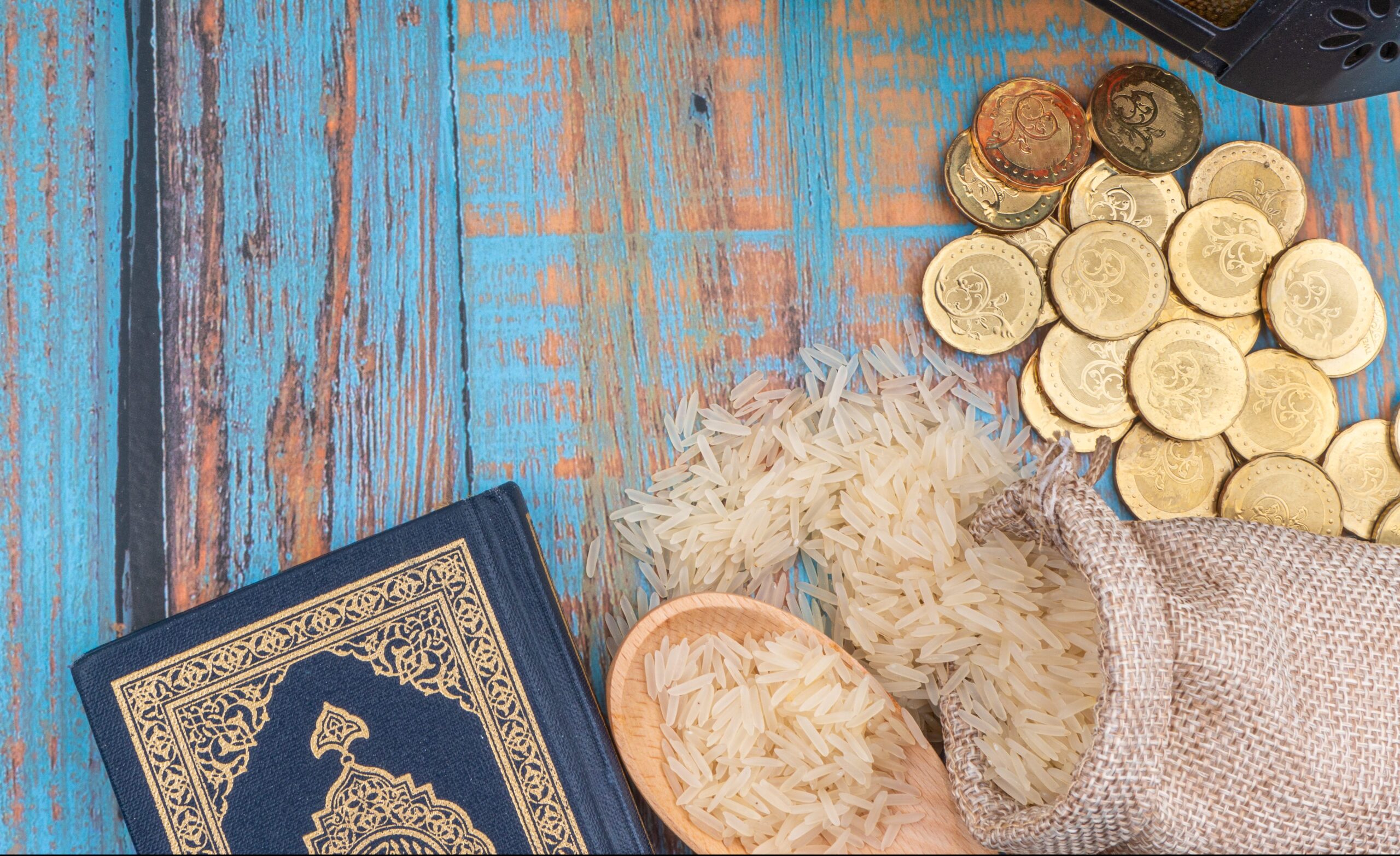We all know the status of giving in Islam. In fact, a 2013 poll in the UK showed that Muslims are amongst Britain’s most generous givers. The Times newspaper reported, ‘More than seven out of ten Muslims give to charity,’ and in addition they were the religious group that topped the poll giving, ‘an average of almost £371 each,’ per year.
There is however, a perception that these donations come primarily from men given they carry the responsibility to provide for the family. Traditionally though and throughout Islamic history, women have been equally praised for their generosity.
For example, it is said that the Mother of the Believers Aisha (RA) would perfume her money before giving it in charity. She explained that the charity would reach Allah before it reached the hands of the needy and because of this, she wanted it to be given to Allah in the best and most fragrant form.
There are yet more reports of times when needy people would knock on her door seeking food and she would have little for herself, but still would try to give what she had. On one occasion, she had a single grape to offer a poor man. When asked what the value of a single grape was as a charity, she quoted the following verses from the Qur’an:
“So whoever does an atom’s weight of good will see it, And whoever does an atom’s weight of evil will see it.”
[Qur’an 99:7 – 99:8]
Aisha (RA) understood clearly that it is the act of charity that is rewarded by Allah, not simply the amount.
Likewise, another of the Mothers of the Believers was well known for her kindness and giving nature. Khadijah (RA) was one of the most wealthy and admired noblewomen of her time. She was a single parent, but ran her trading businesses very successfully and was known to have a virtuous character. After marrying our beloved Messenger (SAW) and observing his entry into Prophethood, she supported him and his cause with everything that she had. During this time, all Khadijah’s wealth was spent in the way of Allah; helping to spread the message of oneness, freeing slaves who had embraced Islam, and helping to protect and shelter the ostracised community of Muslims that were growing.
From these two examples alone, we can see how women have a strong link with Sadaqah and giving in the path of Allah. It is important to note however that there are many ways women can give, without actually possessing wealth. The Prophet Mohammed (SAW) informed us in a hadith:
“Your smile to your brother is a sadaqah for you. Your commanding the right and forbidding the wrong is a sadaqah. Your guiding a man in the land of misguidance is a sadaqah for you. Your seeing (showing the way) for a man with bad eyesight is a sadaqah for you. Your removing a stone or thorn or bone from the road is a sadaqah for you. Your emptying your bucket of water into your brother’s (empty) bucket is a sadaqah for you.” [Tirmidhi]
